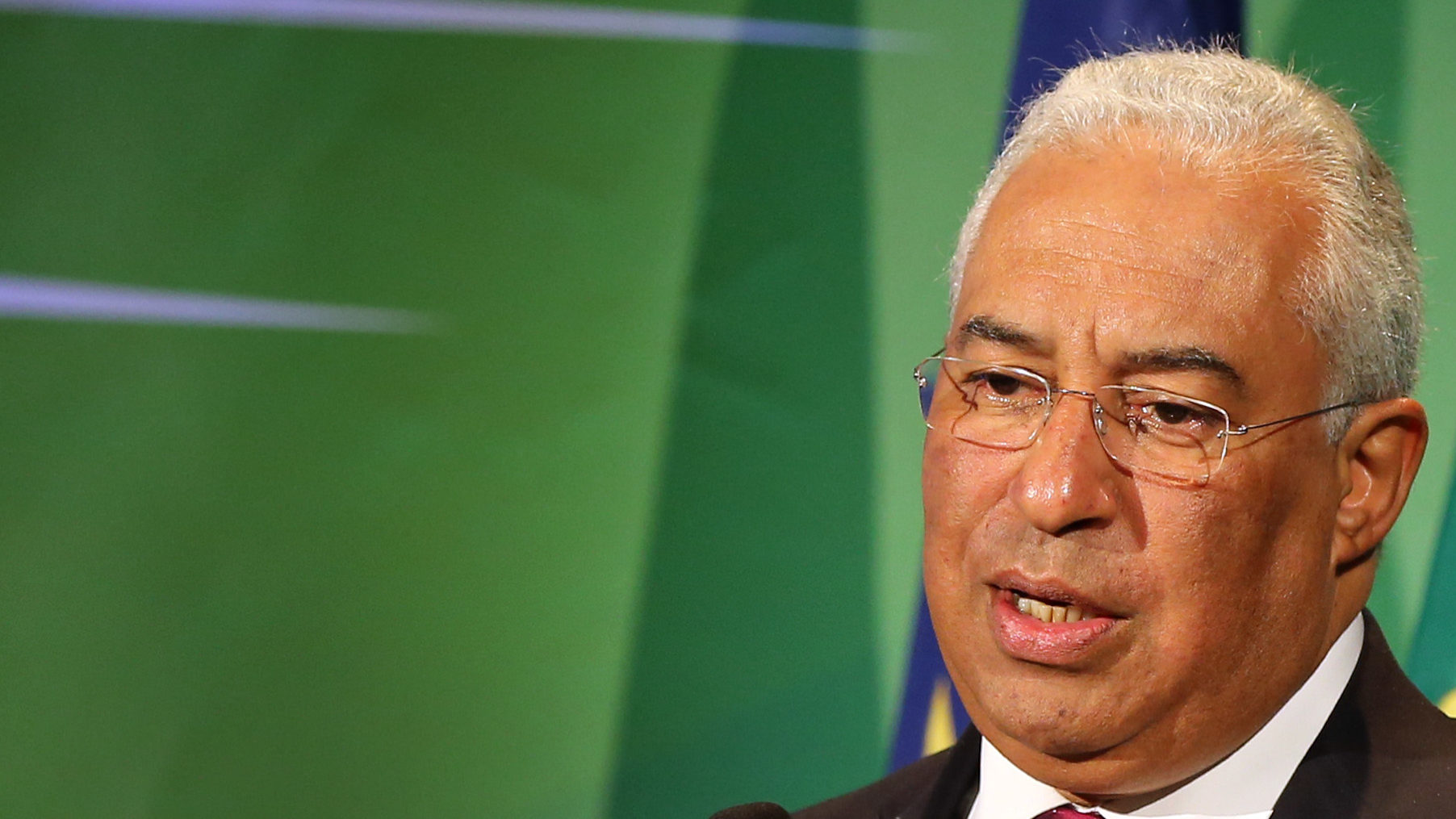The recipe for the perfect pitch: slice your fear, cook down ‘no’s, sprinkle some faith. Plate up enthusiastically.
Lose fear, know the idea, believe in it, learn how to hear a ‘no’, find the right investor and master the art of adjusting. These are some of the essential points needed to reach the perfect pitch.
One hundred and four – this year alone, that is number of businesses created each day in Portugal. When the sky is the limit for ideas but money is the ground, how can we convince an investor to pick us, when he has hundreds of innovative and disruptive startups to choose from?
That is what ECO sought to understand through those who have done it – and done it successfully. Uniplaces, Science4You, Hole19, Sword and eSolidar are, together, companies that raised over 37 million euros since their birth. Those who fought to earn this amount of money have left us their advice for the perfect pitch, that guarantees financing.
Lose the fear
“The uncomfortable feeling one has when presenting a business idea to an investor, for the first time, can be disconcerting”, says Miguel Santo Amaro, founder of Uniplaces.
“But it is very much worthwhile to let go of the fear of looking ridiculous before those who have the power to decide whether or not our project leaves the paper to move forward”.
Last year, Uniplaces raised 22 million euros in a funding round, making it the Portuguese startup who raised more money in a Series A funding round (funding for companies in the initial stage of investment). One year earlier, they had raised 3.5 million dollars.
Know your idea. And believe in it.
There is no pitch powerful enough to get you a deal if one does not know the idea by heart – a universal truth all entrepreneurs told ECO.
Miguel Pina Martins, founder of Science4You, sums it up: “A good pitch requires presenting an idea in the least amount of time possible, while projecting the most important information”. Anthony Douglas, from Hole19, reinforces this idea: “When I present the project for Hole19 to possible investors, the first step is to explain how much this niche that golf belongs to is worth and how our business can escalate to the tourism industry worldwide”.
Knowing your idea means considering some key points:
- Who is your team, what is your idea and in what market does it belong to? “Cases like Slack, Twitter or Rovio are great examples of how a strong team can repeat ideas and learn from their mistakes until they get the product and markfit right”, says Marco Barbosa, from eSolidar.
- How can this product or service become a growing business, profitable and with medium term growth potential?
- Is possible to internationalize?
- Are there any numbers that can back up the presentation? What is the business’ volume? How many clients does the product or service already have and in what markets does it exist? If the company is still in the beginning and does not have any revenue, “the vision for the company (that is to say, not how it began or how it is doing, but where is it heading) and the personality and enthusiasm of the creators are of key importance”, emphasizes Marco Barbosa.
- Is there any competition? Who are they?
- What goals have been met up to the time of the pitch?
- What are the next goals?
Almost more important than knowing the idea, is believing in it, “in the ability you have of fixing an issue that was once yours, but that know can help improve everyone’s lives or the lives of a certain group”, stresses Miguel Santo Amaro. “An investor will think highly of an entrepreneur if he shows maturity, knows about the subject and has passion for what he is building”.
But there is no need to exaggerate. Ultimately, one must “avoid being too optimistic or try to sell a vision that does not correspond to reality”, warns Miguel Pina Martins. Proving this point is Virgílio Bento from Sword Health, when he says “a convincing narrative is always dependent upon the value the startup has managed to create up until that moment”.
Learn to hear a ‘no’
Nothing puts you off more than a ‘no’. But it is part of the process. “Not giving up at the first ‘no’ you hear” is key in getting investment, as much as it is key to “know how to improve and learn from mistakes, with the advice and criticism of the ones hearing the idea”, is what Miguel Santo Amaro believes in.
One thing is sure: “In order to find the right investor, one must hear plenty of ‘no’s, without feeling ashamed or giving up”, states Anthony Douglas. At the end of the day, when someone believes in your idea and gives it a shot, “everything else will unfold naturally”, more so because “the entrepreneurial ecosystem is very much open to new business concepts with growth potential”.
Find the right investor, and hold on to him
Miguel Pina Martins met John Harper, the then CEO of Hasbro Europe, through LinkedIn. He contacted him through the social network, and, as soon as he got a reply, booked a flight to London for the following day to introduce himself personally and explain the Science4You project. His strategy impressed Harper so much he no longer is CEO of Hasbro, but chairman of Science4You.
“I firmly believe the digital area came to stay and, today, LinkedIn is an essential tool in establishing a good network of different professionals and investors”, highlights the founder of the brand for educational games and toys (Science4You). As for Virgílio Bento, he highlights the importance of referencing. “We should always be able to obtain our introduction to the investors. The better that introduction, the greater are our chances of making a successful presentation of our project”, he says, as he warns that unsolicited emails to investors have a very low success rate. “It is like miracles: they do happen, but are very rare”.
The right investor is not only the one who wants to invest in the project, but he is also the one who brings “additional value, besides financial resources, and the know-how that will allow the company to grow with the experience of external partners”, says Miguel Pina Martins. When you find that person, you must hold on to them: “Keep in touch regularly with your investors even if they refuse to invest in a first instance” and “be present regularly in the main events happening in your area” are two tips from Miguel Pina Martins.
The art of adjustment
Nothing will go as planned. And for that reason, one must be willing to change and adapt the product or idea. “Many times, the initial concept of a business idea is changed abruptly”, also because of “the pitches made and the input received from investors and from experienced professionals in the market one wants to enter”, acknowledges Anthony Douglas.
"What our startup was in its first concept is completely different from what we represent today for the golf and tourism industry. From pitch to pitch, investor to investor, we keep growing and improving our corporate frame.”




